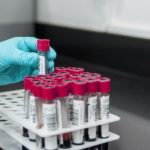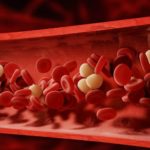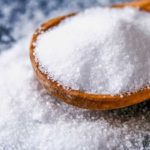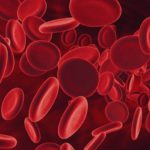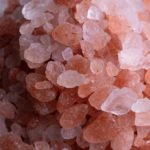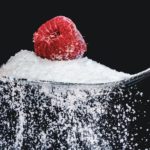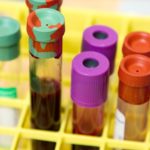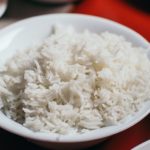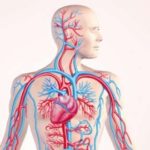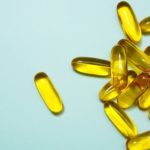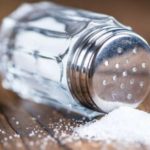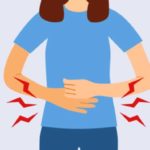Diet and blood pressure – how diet affects blood pressure?
Blood pressure is maintained in a narrow range so that all the organs in our body are adequately perfused and their oxygen and nutrition demands are met. It can increase or decrease due to multiple factors and the diet that we consume certainly has a great role to play in its maintenance.
The role of salt in the diet
Salt (Sodium chloride) is the best-known dietary factor that affects blood pressure. The normal requirement for sodium is usually less than 100 mmol /day (equivalent to 6g sodium chloride). Most of the salt that we eat is not that added to the table but it is the salt added during food processing. Some of the foods containing a high amount of sodium are butter, margarine, biscuits, cakes, cheese, and breakfast cereals. Other sodium compounds in food like bicarbonate and glutamate have less effect on blood pressure than sodium chloride has. In people with increased intake of sodium, it’s accumulated in the smooth muscle cells of the blood vessels (arteries) and interferes with the transport of calcium. Due to the accumulation of calcium in these cells, the tone of smooth muscle cells increases resulting in higher blood pressure (hypertension). In people with low salt intake or adapted to hot climates, sweat loss is reduced and kidneys decrease sodium excretion considerably.
In people with hypertension, reduction of blood pressure can be achieved with a low salt diet. In these patients, reduction of sodium to less than 50 mmol/day can result in lowering of their blood pressure and hence their requirement of antihypertensive medications. Salt restriction increases sensitivity to all hypertensive drugs except slow channel calcium blockers, like nifedipine. The consumption of a lower salt diet requires taste adjustment which may take a few weeks. Other flavors are perceived and appreciated more. The other or additional approach is to increase the excretion of sodium in the urine. This can be achieved with the use of diuretic drugs which increase urine output by inhibiting the reabsorption of sodium in the kidneys.
High-fat diet and obesity
Obese people are likely to have higher blood pressure than lean people. Raised blood pressure and hyperlipidemia (increased fat levels in the blood) are both major risk factors for heart disease and effective weight reduction will improve both conditions. When hypertensive obese patients lose weight, it results in a fall of their blood pressure.
Alcohol
Alcohol intake is one of the most important factors associated with raised blood pressure. Heavy drinkers have a higher blood pressure than casual drinkers and teetotalers. Systolic pressure is more affected than diastolic pressure.
Potassium
Potassium is an antagonist of sodium and its consumption has been found to result in some reduction of blood pressure in hypertensive people. The foods rich in potassium are potatoes, pulses, dried fruits, nuts, fresh meat, fish, all Bran, fresh fruits, vegetables, milk, and oatmeal.
Calcium
An observational study found that people with low calcium intake suffered hypertension more often. Less heart disease is reported in areas with hard water which contains more calcium. Consumption of calcium tablets though has not been found to reduce the blood pressure in hypertensive patients significantly.
Magnesium
Magnesium is associated with lowering blood pressure. It is distributed in food rich in potassium though bran, whole grain cereals, and legumes are the richest sources of this mineral.
Some advice
The advice given to the patients with raised blood pressure includes the following:
- Reduce energy intake so as to achieve ideal body weight
- Reduce salt consumption
- Reduce alcohol consumption
- Regular physical exercise is recommended
- Stop smoking and consuming food reach in saturated fats
Hypertension is a multifactorial disease and various food elements play an important role here. Healthy fit people, as well as people with hypertension, should be aware of the type of food that they consume every day. A word of advice from their physician or their dietitian can go a long way in the prevention of cardiovascular diseases including hypertension.







